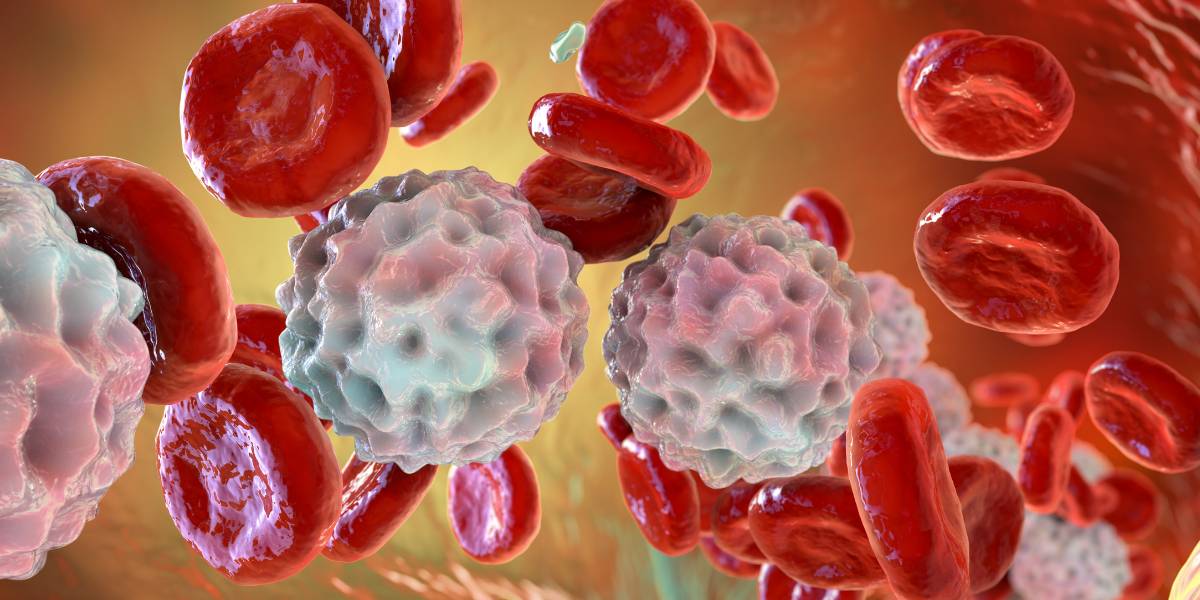Unnatural substances used in the modern world play a role in the rise of food allergies among people, researchers have said.
In America it is thought around eight per cent of children are allergic to foods such as milk, tree nuts, fish and shellfish.
- Boy with type 1 diabetes fitted with device to bypass his insulin allergy
- Mum slams strict school packed lunch rules
With food allergies continuing to rise, US researchers wanted to find out the reasons behind the sharp increase in a bid to find treatments for the problem.
Co-author Professor Ruslan Medzhitov, Sterling Professor of Immunobiology and investigator for the Howard Hughes Medical Institute, said: “We can’t devise ways to prevent or treat food allergies until we fully understand underlying biology. You can’t be a good car mechanic if you don’t know how a normal car works.”
The research team say chemicals such as dishwashing detergent are now finding their way into our foods, disrupting the natural quality control programme, which helps humans to determine what we should and should not eat.
The senses also play a big part in what is eaten and if something smells or tastes bad then humans will not touch it, but some of these chemicals are not easily detected, so when consumed, the body picks up on it and expels it from the gut.
Professor Medzhitov said: “One factor is increased use of hygiene products and overuse of antibiotics and, secondly, a change in diet and the increased consumption of processed food with reduced exposure to naturally grown food and changed composition of the gut microbiome.
“Finally, the introduction of food preservatives and environmental chemicals such as dishwashing detergents introduced novel elements for immune system to monitor.”
Collectively, the environmental changes the body’s response to its own food quality control programme, which can involve the immune system reacting to food proteins in the way it would react to toxic substances.
The findings have been published in the journal Cell.








